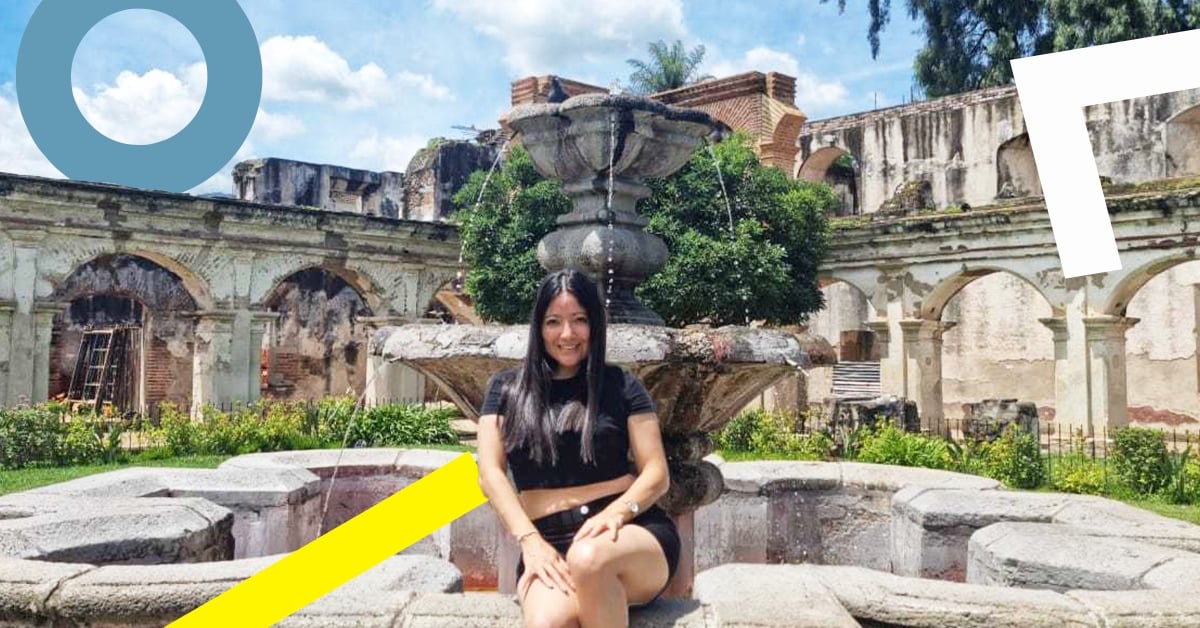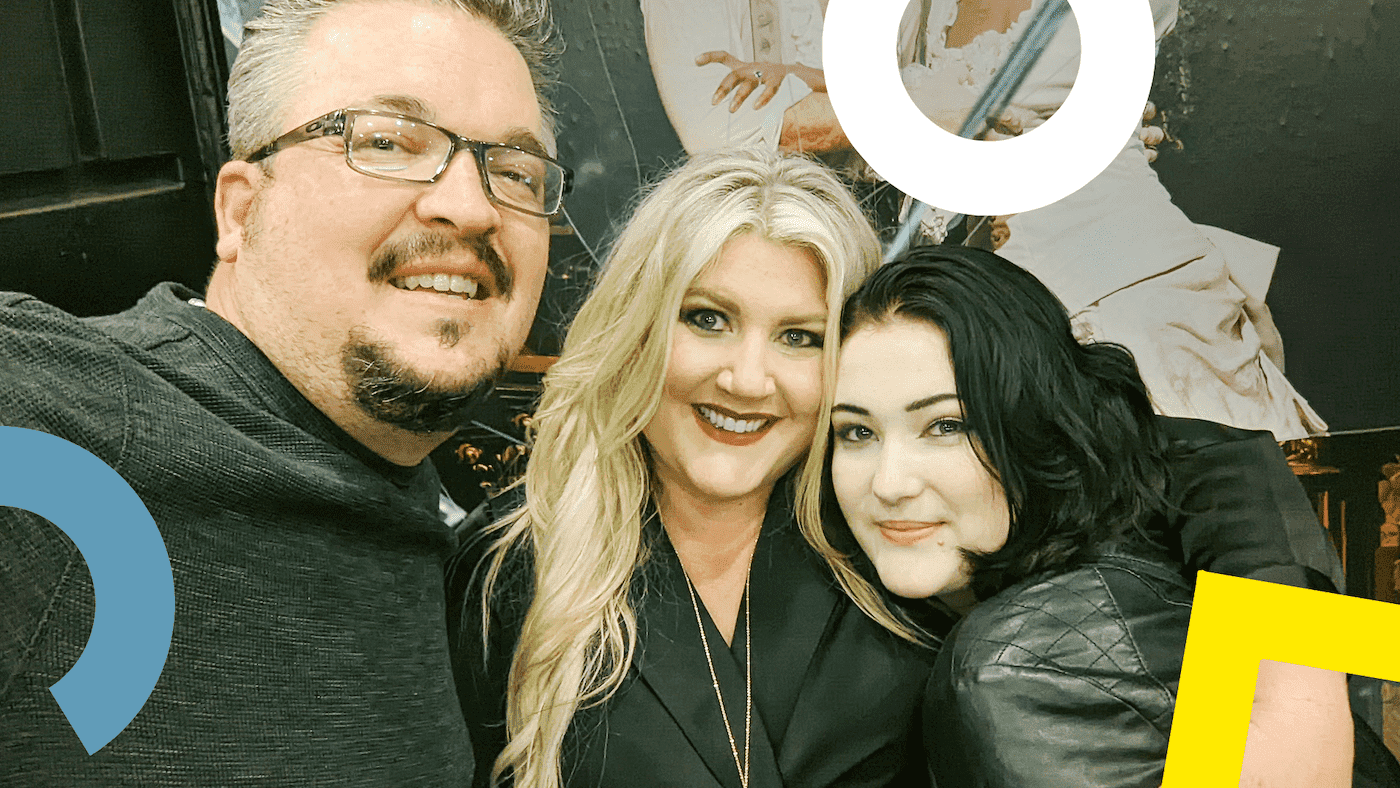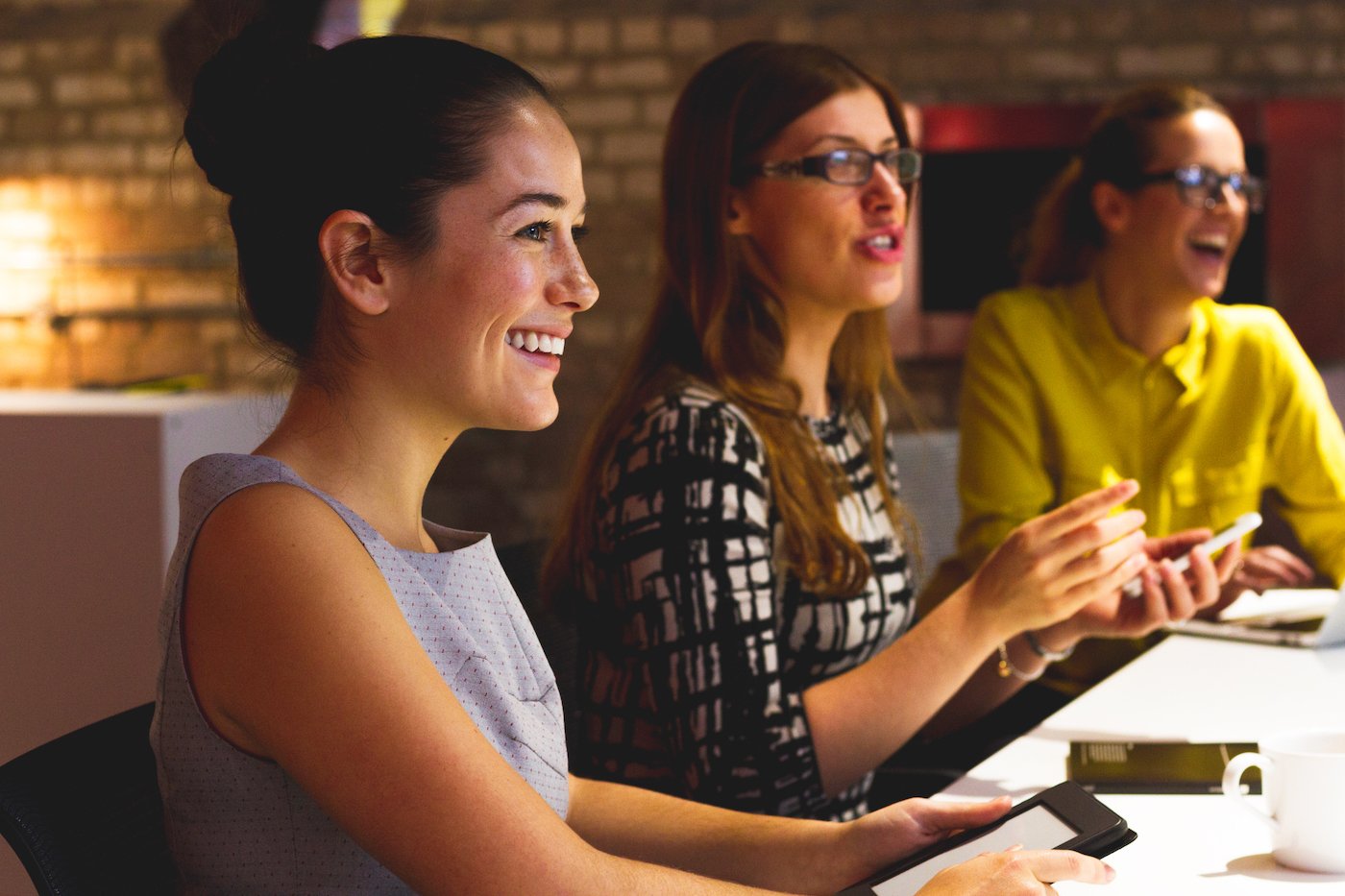Voices of GoTo: In this series, we highlight the people that make flexible work, work: our employees! GoTo is a global company with more than 4,000 employees worldwide; these are their stories.
Sometimes it’s easier to explain your job to a 5-year-old than a peer. This is the case for Annie Brown, who describes her work in Diversity, Inclusion, and Belonging as helping people to have the same chance at a race. In fact, Annie often turns to children’s books about fairness to talk about her role. “I just tell them that when we all get to feel comfortable and safe with who we are then we get to enjoy the world as a better place,” says Brown, “and they seem to get that more automatically than anybody.” According to Brown, it’s all the nuances that we pick up along the way that confuse our understanding of leveling the playing field. This Global Diversity Awareness month, we take stock of our efforts to increase diversity of thought.
Annie, tell me about yourself and your history.
My birthmother was earning her master’s degree in a bigger city, away from the small town where she lived. She was dating another student who was of Jamaican descent and never told my natural father that she was pregnant, to protect him. She told her family that the father of the child was white, but they still forced her to give up the child because she was unwed. It was her best choice because they never would have accepted me as a mixed-raced child.
So, I was adopted and raised in an all-white community in Minneapolis. I remember feeling very loved, along with three other kids in the family. It wasn’t until first grade that I realized that other people saw me differently. A little boy got off the jungle gym and said, “Blackie, blackie, God burnt you in his oven.” I’ll never forget that because it stunned me. I remember running home in tears and my mom picked me up on her lap and read Black is Beautiful, which was always sitting on a bookshelf. Although it was a great upbringing, there were always stops along the road where there weren’t other people who had hair like mine or looked like me. Having a real sensitivity to being the underrepresented person has been a part of my path. I get context for how I came to be from my history very early on.
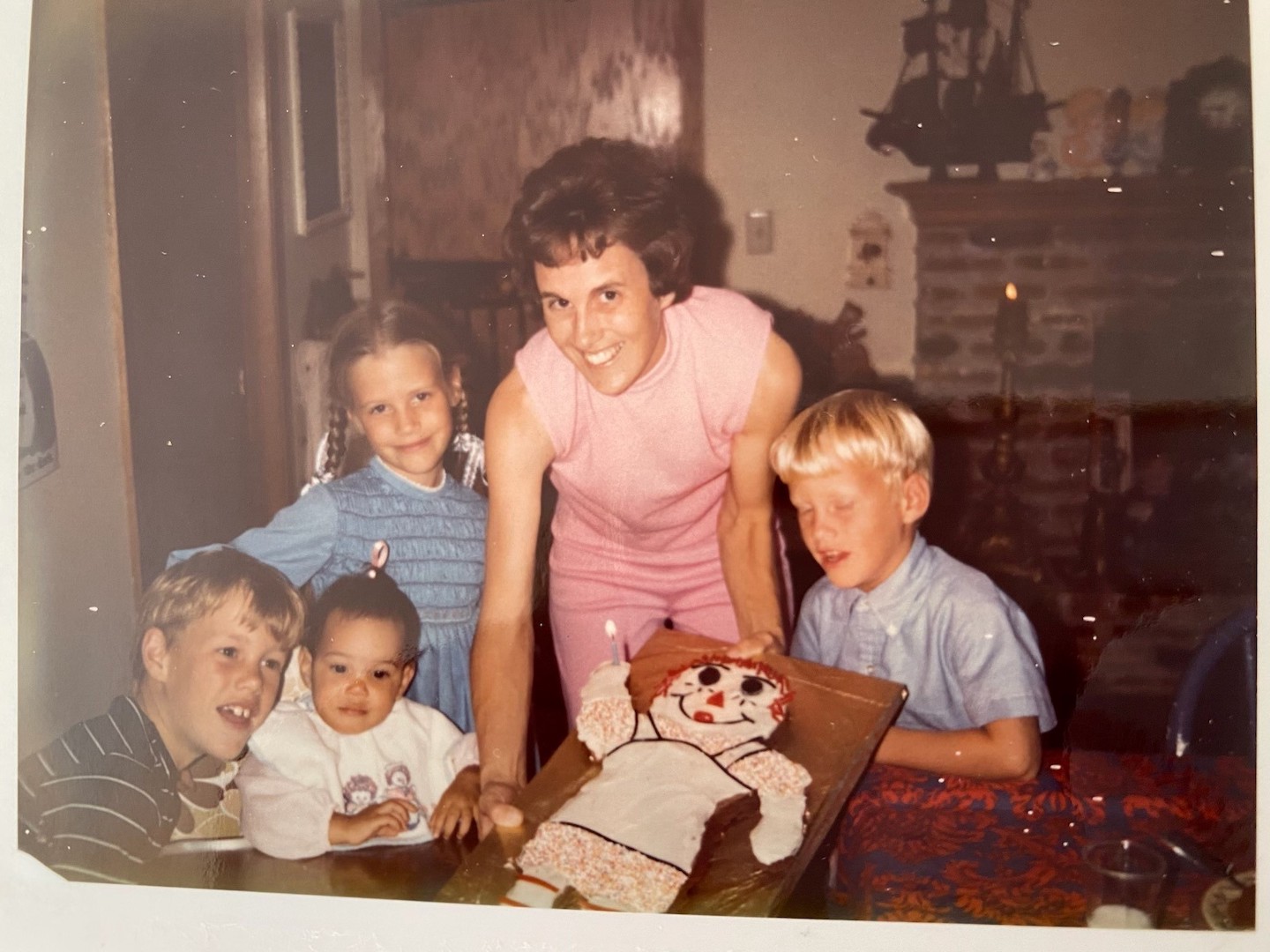
What were you like as a child?
I spent most of my years as a competitive gymnast. The sport requires you to have a good work ethic and be both physically and mentally tough. It is something that has served me well as a person of color. I’ve had a lot of people tell me that I couldn’t do things along the way, so I’ve spent a lot of time proving people otherwise, which is not a great thing to have to bear. I’m proud of myself for never letting that stop me. I feel I have been training my entire life for the work I do at GoTo today, which involves shouldering the challenges that I face and carrying forward the stories that others entrust with me to make the future better.
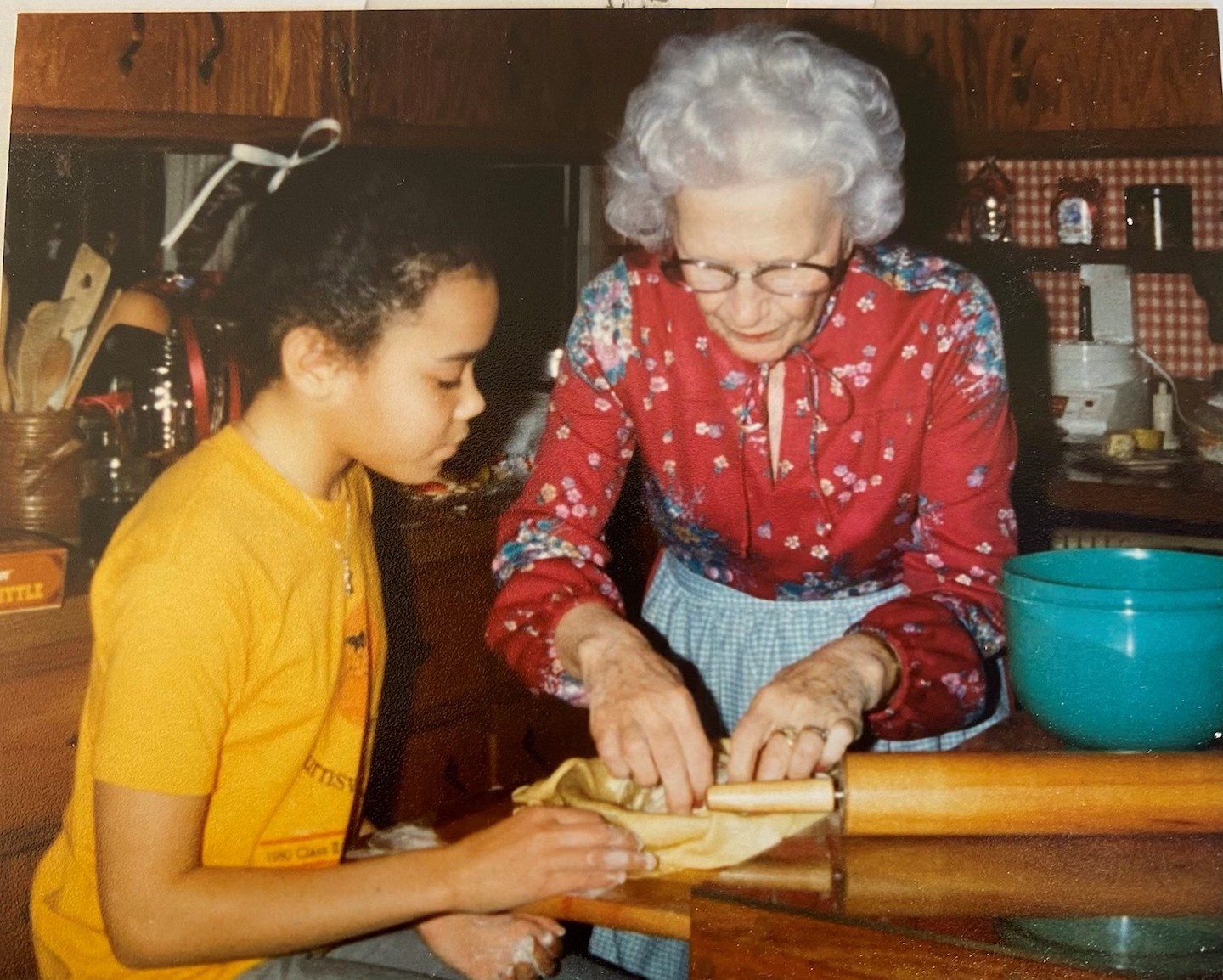
Do you remember the exact moment that you decided to work in Diversity, Equity, and Inclusion (DE&I?)
I’ve been a professional for 35 years – mostly in human resources or investigating cases of discrimination through my consulting business. When I was approached to work in DE&I full-time it was a gift because it’s something that I’m passionate about; it was not just a job anymore. I’ve had coaches say, “You have to find things to help you relax so you don’t think about work all the time.” Well, I can’t help but to think about it full-time because that’s how passionate I am, and now that I have a mixed-race child all I can think about is, “I went through these things growing up, and he's going to have to go through these things now, too.” It’s work that must be done. So, it's special to be able to do what’s right for the world and educate people along the way. It's now my job.
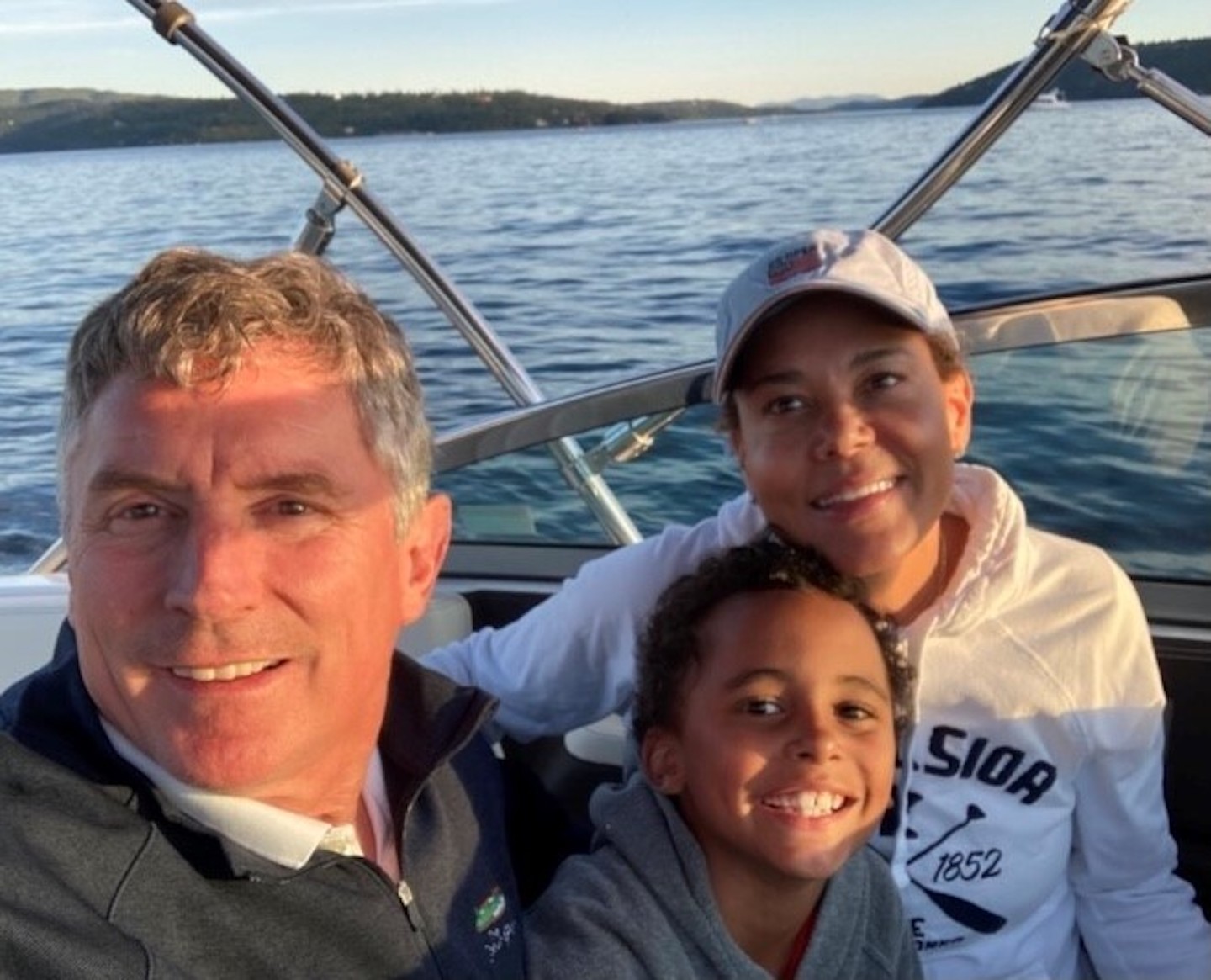
What has been your personal experience with diversity in the tech industry?
In tech, we’re trying to think about the customers that we’re serving, and what we bring to that audience. To be the best in tech, you need to have a lot of people from different backgrounds, whether it’s gender, ethnicity, race, or religion. That's how you make the best products. Back in the day, if you needed to chop down a tree, you found the strongest person to do the job. Today, you really need different thinkers to solve complex issues. So, you miss the boat when you have a team who all graduated from the same college and think alike and say, “Wow, we came to that solution really quickly!” You might have come to a solution quickly, but you didn’t account for everyone else who might use the product. It’s not always easy to have a team made up of people who think differently — whether they don’t speak the same language or maybe have a cognitive or physical disability — but that’s the world. And although it may seem hard at first, you’re going to find the best solution when different perspectives come together. When we think of tech we think of innovation.
How is GoTo fostering diversity without tokenizing the people involved?
We have a lot to be proud of here at GoTo, but we also have a lot of internal work to do first before making headlines. I don’t think we should say things that people aren’t really feeling. So, it’s more of a holistic approach than it is about being in headlines, and we’re only a year and a half into this journey. Before we talk about a hiring campaign, for example, I want to make sure that people are staying here, feeling good, or getting promoted. It took some time to assess where we are at and start programs. Making those programs stick takes time, and I think that really lines up with our “be real” value; it’s all about authenticity.
Do you think the tech industry is doing enough to encourage diversity of thought?
I sure think people are trying, and I don’t think it’s anyone’s fault, but when you’re a part of an underrepresented group I think it’s still scary to say what you really need. As a holistic group of women, we’re seeing that starting to shift more, but we still have a long way to go. For underrepresented groups, we have further to go. There needs to be an awareness that it’s hard to be a brave voice when you’re trying to fit in. Those safe spaces are still hard, but there’s a lot of good effort, and we’re trying to learn what those right efforts are. I think there’s a misconception that DE&I is only for people who are in an underrepresented group. It’s actually for people that want to be supporters or learn, too. DE&I is especially for the white male – the roughly 70% of our population. Get involved! Attend an event or listening session at your company. It’s meant to be inclusive, not exclusive.
-----------
We work where we like, which is why we like where we work. We think you will, too. Interested in joining our team?

